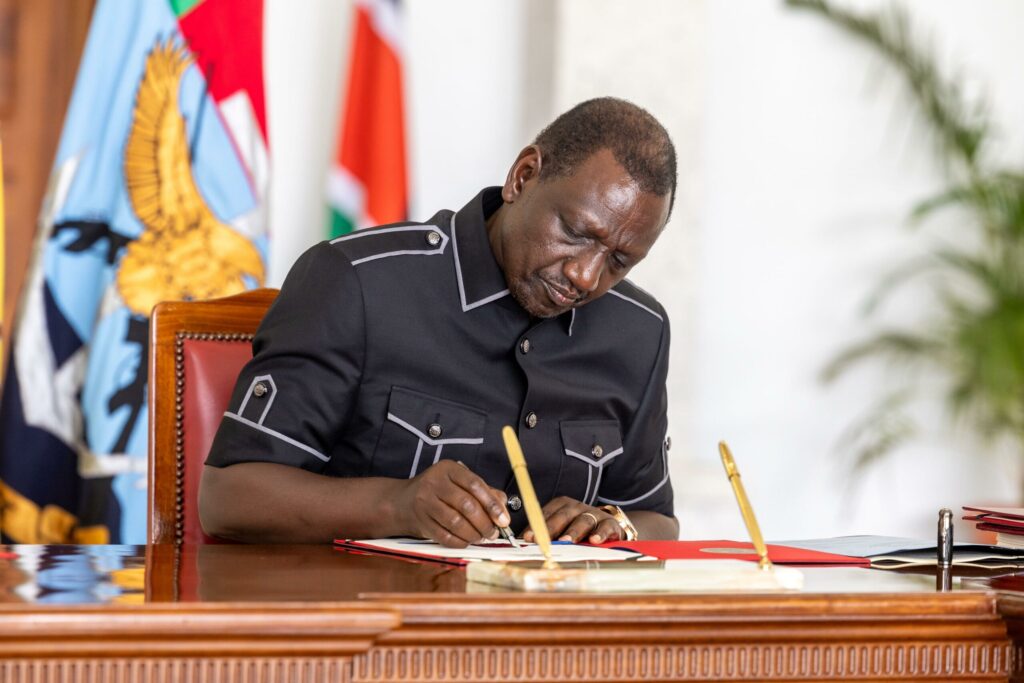Civil Servants to Face Tougher Times as Government Plans Major Reforms
Thousands of civil servants in Kenya could lose their jobs or be forced into early retirement as the government pushes forward with plans to restructure the country’s wage bill over the next four years.
In the 2025 Budget Policy Statement, which was presented to the National Assembly on Thursday, February 13, the National Treasury outlined a strategy to reduce the national wage bill from the current 24.6% of total revenue to 17.4% over the next financial years.
Starting in July 2025, the government aims to cut the wage bill by 2.7%, bringing it down to 21.8%. Out of the Ksh4.263 trillion budgeted for government spending between July 2025 and June 2026, a total of Ksh3.096 trillion has been allocated for recurrent expenditures, including salaries for government employees.
According to the law, government spending on wages, benefits, and allowances must not exceed 35% of the total revenue collected nationally, including funds generated from other sources.
Mass Layoffs and Dissolution of Underperforming State Agencies
The wage bill reduction plan comes at a time when the government is moving to dissolve and merge underperforming public organisations, a move that is expected to affect at least 5,000 civil servants.
Earlier this month, Eliud Owalo, the Deputy Chief of Staff in charge of performance and delivery management at the Executive Office of the President, revealed that moving forward, government funding will be based on the performance of ministries, departments, and agencies (MDAs).
“We are going to link performance management and evaluation to funding. This means that more money will be allocated to organisations that contribute significantly to the government’s development agenda,” Owalo stated.
President William Ruto’s administration has already introduced performance evaluations for all ministries, state corporations, and tertiary institutions.
“As a government, we cannot continue funding organisations that are consistently underperforming. These institutions drain public resources and should be allowed to cease operations,” Owalo emphasized.
He further warned that only best-performing parastatal CEOs and employees will receive more funding and incentives, while those failing to meet targets will face sanctions or risk being phased out.
“Institutions that do not perform will face consequences, including actions against individuals within those organisations. Those that continuously fail should be allowed to die a natural death,” Owalo asserted.
Thousands of Public Servants to Retire by 2029
In addition to the job cuts, thousands of civil servants are set to retire in the coming years. Last year, Government Spokesperson Isaac Mwaura stated that around 43,976 public servants aged 55 and above will retire by 2029, with 7,000 set to retire in the current financial year.
With the government focused on cutting costs, these reforms could leave thousands of civil servants uncertain about their future, making job security a growing concern in the public sector.
Join Gen z and millennials TaskForce official 2025 WhatsApp Channel To Stay Updated On time the ongoing situation https://whatsapp.com/channel/0029VaWT5gSGufImU8R0DO30


